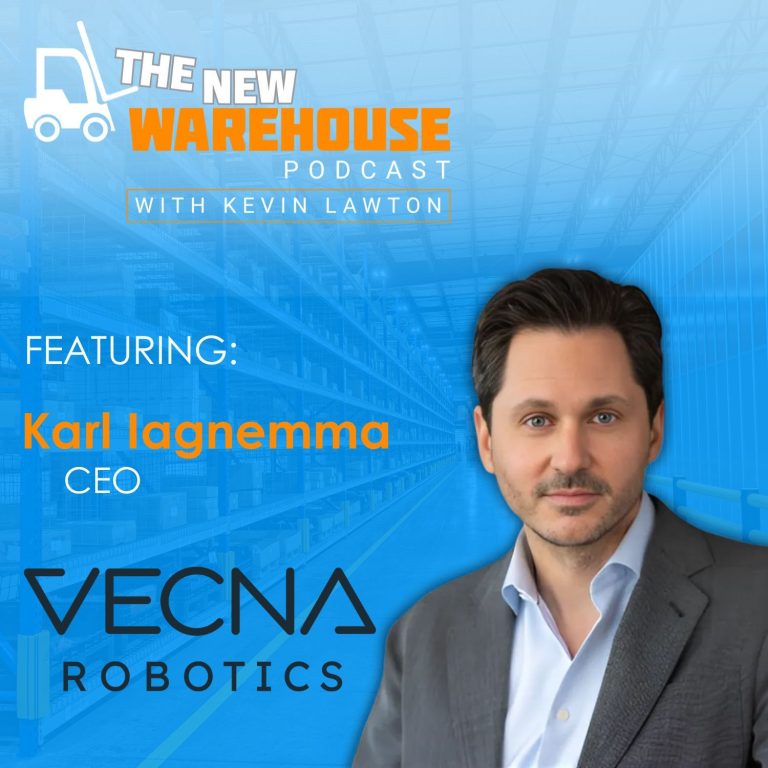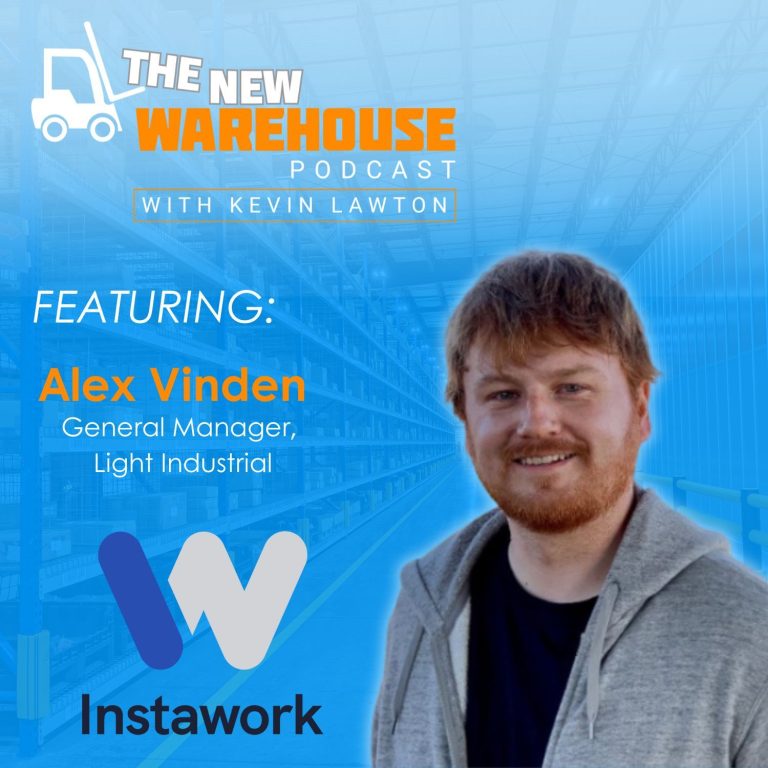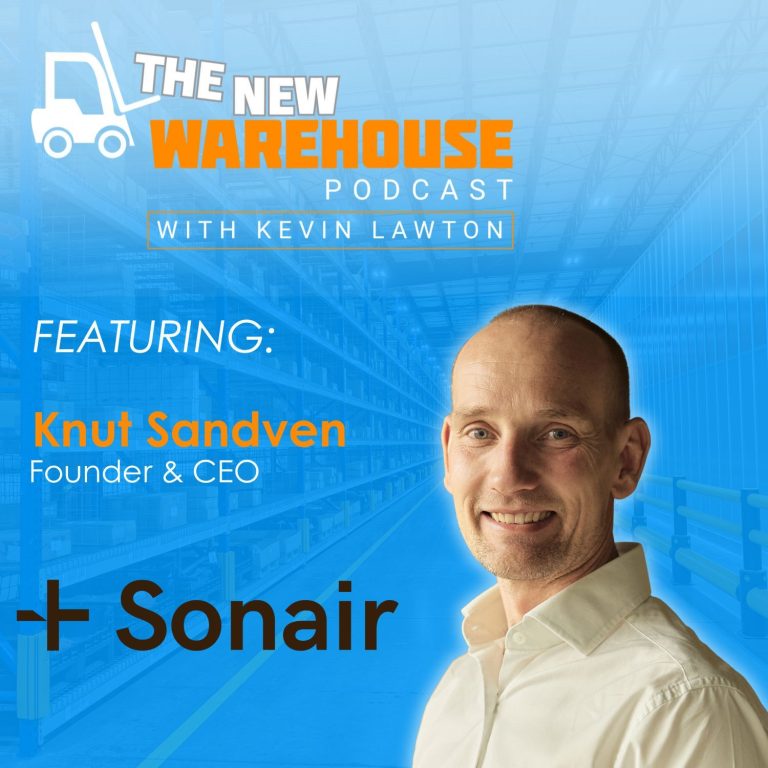Listen to this article
In this episode, I was joined by the Founder and CEO of Vecna Robotics, Daniel Theobald at MODEX 2020. I have talked to Vecna previously and visited their HQ on Episode 33 but this is the first time I got to speak with Daniel and it was a great discussion. We discussed Daniel’s very interesting background, Vecna’s beginnings, the need for flexibility, their Pivot.al orchestration engine and also his role at MassRobotics.
Key Takeaways
- Daniel has an incredible background in technology, growing up in Silicon Valley and being a part of many different technology programs throughout his schooling. The idea for Vecna was never rushed and their approach was to make sure they had a full stack to offer to their customers. With Vecna they wanted to focus on empowering the employee to do more to help employee retention and give them a better work environment. Vecna offers a range of automated forklifts that helps you to do repetitive movements of loads from one point in the distribution center to another reducing the need for employees to do these redundant tasks and helping to elevate what they do on a daily basis.
- Flexibility and adaptability have become so important in our world due to the increase in consumer demand and the need to meet increasingly higher expectations on service levels. Daniel discusses how Vecna helps you to bring that flexibility and adaptability to your operation. Their automated forklifts help to free up employees so they can do other more detail-oriented tasks. It also helps to take care of repetitive tasks when you need to be flexible on headcount either by choice or by market conditions. As we know and as Daniel mentions, in our industry, there is a lot of turnover for employees so at many times there can be a shortage of labor which Vecna can help address by having a consistent always their robot employee.
- Pivot.al is Vecna’s platform that controls and communicates to all of its robots. What is great about this platform is that it can be attached to any machine so that there is not a limitation in hardware. Daniel discusses how one of Vecna’s differences is that they did not build a hardware solution around their software but they built the software to be flexible for you. In addition to this flexibility, this orchestration engine works with other automation solutions outside of Vecna as well to help facilitate communication between different robots and systems. The overall goal of Pivot.al is to optimize your operation through AI so that everything can be manipulated to make the most optimized movements instead of just moving to move.
- With the strength of Pivot.al as an orchestration platform, Daniel says “Automation was so last decade” meaning that the different pieces of automation have been created and rolled out to the industry but now the focus needs to be on orchestration and how these automation solutions can operate together. We had a great discussion about how bottlenecks can be created from not looking at the whole picture and how by improving or automating one part of the process it can actually make another part a bottleneck. With the orchestration engine, you are able to see the whole picture and realize potential bottlenecks before they are actually in place. Keeping an open mind to the big picture is the key to true improvement and moving forward.
- Daniel also discusses his role as President of MassRobotics which is a group of robotics companies in the Massachusetts area that helps to support each other and helps to push the robotics industry forward. This is a really great group that is helping to improve the collaboration of robotics companies and also giving the ability for them to learn from each other to help the industry grow as a whole.
Listen to and watch the episode below. Let us know your thoughts in the comments.











